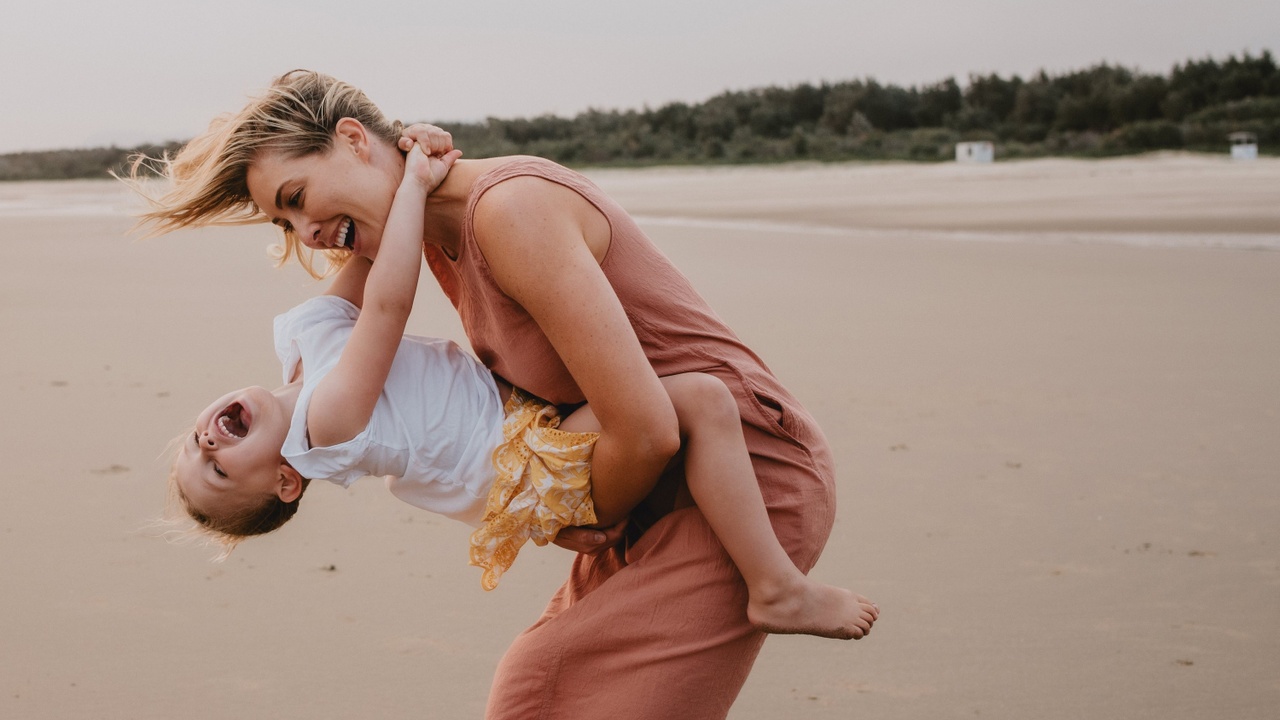Mindful Activities to do with your Kids at Home
Sep 23, 2021
Now more than ever, kids are being raised in a period of immense change and uncertainty.
With so much external stimuli, distractions and information, life can be overwhelming for both you and your children.
Children's brains are incredibly malleable. They are highly influenced by their environment, with the first eight years of life building the foundation for future learning, health, and life success.
So teaching your kids essential life skills, such as mindfulness, resilience, and empathy, can help foster a positive future mindset.
Implementing mindful activities into your kid's daily routine has many benefits in the long run. Some of the benefits include stress management, decreased chance of anxiety, improved concentration, and enhanced empathy.
How mindfulness affects your brain:
- Memory centre (Hippocampus): The memory centre in your brain increases in size, your reaction time becomes faster and mental stamina improves.
- Stress centre (Amygdala): The alarm system in the brain decreases in size. Anxiety and depression all decrease. You become less reactive, respond to stress differently, and become calmer and happier.
- Thinking brain (Prefrontal cortex): Responsible for productivity, rational thought, focus and creativity. This part of the brain increases in size. You have new ideas, your brain is sharper, and you start functioning at a higher level.
So, how can you easily start implementing mindfulness into your child's life? Read along to find out.
1. Morning Rituals
The first eight minutes of each morning is crucial. If the first thing your child sees you do is jump on the phone, they are likely to mimic this behaviour in the future.
At our house, my daughter comes into our bedroom for a cuddle in the mornings. After our cuddles, we ask her to tell us three things she is grateful for.
If that's not possible in your home dynamic, there are other ways to get your children and yourself in the right frame of mind for the day ahead.
Ways to be mindful at home:
- A gratitude chalkboard in the kitchen- Write three things you or your children are grateful for. For example, it could be grandparents, ice cream, or playing with friends. Let them choose as they will be more interested.
- A gratitude journal - A journal can be so cathartic for adults, and it's the same for children. Have them spell words out that are positive and uplifting.
- Gratitude at mealtime - Introduce a gratitude game at mealtime. Take turns going around the table and each listing a happy moment from the day.
For more mindful ideas, we've created a Daily Scavenger Hunt for you and your kids to enjoy. Download it for free here.
2. Movement and Play
It is a well-known fact that exercise is excellent for your physical and mental health. The same is true for kids.
When kids exercise, a big surge of oxygen goes to their brains, replenishing glucose, increasing circulation, and promoting healing.
Kids are naturally active, but integrating mindfulness and movement at home can help them get moving while mindfully exploring their environment.
For example, I find this game works well for my daughter.
Mindful Game: Superheroes
- Pretend you and your child are superheroes with superhuman senses.
- For two minutes, move around the area with heightened senses. Tell your child to pay close attention to everything around them.
- What do they see, smell, hear, touch and even taste?
- Encourage them to be active and explore new areas.
- After the two minutes, ask your little one to explain all the new superhero senses they discovered.
3. Healthy Friends and Environments
Empathy is a fantastic tool to help our children prosper and succeed. Becoming tolerant and accepting little people will aid in their development and ability to learn and grow in the future.
Several studies have linked mindfulness and empathy to positively impacting interpersonal relationships and compassion towards others and oneself.
To make your children feel like they are an essential contributor to the house and their views are respected, you can try the Dinner Time Challenge. These questions help foster resilience and a growth mindset.
Journal these three questions down, so you have them for tonight's dinner discussion:
- What did you do today that was challenging?
- What did you learn today?
- What did you try today that was new?
When you start regularly using these exercises with your kids, you will notice them grow confidence, resilience and have a more positive mindset for the rest of their life.
Want more helpful resources to help you raise a mindful child?
Gain a toolkit that your child will have with them for life. Our 10-day 'Mindfulness for Kids' online course will give you the tools to help your little ones learn to be resilient and face challenges with a growth mindset.
